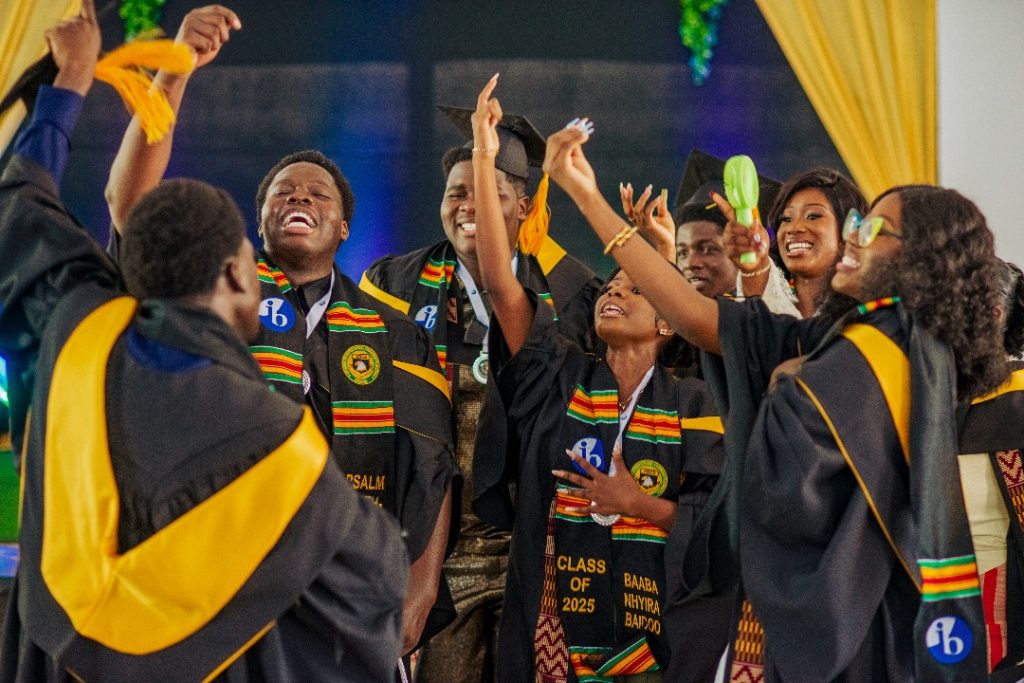Key Takeaways
- The International Baccalaureate (IB) promotes connections between subjects, preparing students for real-world problem-solving.
- Interdisciplinary learning in IB develops critical thinking, creativity, and global awareness.
- IB programs integrate knowledge through projects, Theory of Knowledge (TOK), and the Extended Essay.
- Encouraging interdisciplinary skills equips learners with adaptability and long-term academic success.
Students need more than subject-specific knowledge to succeed and the International Baccalaureate (IB) program recognizes this need by promoting interdisciplinary learning.
This approach encourages students to draw connections across subjects, apply their knowledge in real-world contexts, and develop critical thinking skills.
Unlike traditional education systems that often separate learning into distinct silos, IB leads to integration, reflection, and problem-solving, equipping learners with skills that extend far beyond the classroom.
What Is Interdisciplinary Learning in IB?
Interdisciplinary learning in the IB framework means combining insights from different academic disciplines to explore complex questions. For example, a student might examine climate change not only through the lens of science, but also through economics, geography, and ethics.
This approach ensures that students:
- See the bigger picture rather than isolated facts.
- Develop flexible thinking and the ability to approach problems from multiple perspectives.
- Become better prepared for global citizenship and university-level inquiry.
How the IB Curriculum Encourages Interdisciplinary Learning
1. Theory of Knowledge (TOK)
At the heart of the IB Diploma Programme is TOK, a course that challenges students to reflect on how knowledge is constructed and shared. By questioning assumptions and comparing knowledge in different subjects, students learn to integrate perspectives.
2. The Extended Essay
This independent research project allows students to explore a question that often crosses disciplinary boundaries. For example, a student might investigate the relationship between technology and ethics or analyze literature through historical and cultural contexts.
3. Creativity, Activity, Service (CAS)
CAS encourages students to apply classroom learning to real-life projects. Whether organizing a community project or blending science with art, CAS experiences help students see how disciplines intersect in practical ways.
4. Subject Integration in Projects
IB teachers are encouraged to design assignments and assessments that blend disciplines. A project on renewable energy, for example, might include physics (energy mechanics), economics (cost efficiency), and geography (impact on communities).

Benefits of Interdisciplinary Learning in IB
- Critical Thinking: Students learn to evaluate and synthesize knowledge from diverse sources.
- Creativity: By making connections across subjects, learners generate innovative solutions.
- Global Perspective: Students understand complex world issues like poverty, sustainability, or cultural identity from multiple angles.
- University Preparedness: Interdisciplinary skills match the expectations of higher education, where cross-field research is common.
- Lifelong Learning: This approach builds adaptability, making students more resilient in rapidly changing careers.
Practical Strategies for Educators
- Design Cross-Curricular Projects: Encourage collaboration between teachers of different subjects.
- Use Real-World Case Studies: Frame lessons around global issues that require multiple perspectives.
- Encourage Reflective Journaling: Let students document connections they notice between subjects.
- Integrate Technology: Use digital tools for projects that combine research, design, and presentation.
- Facilitate Discussions: Create classroom debates where students defend positions using insights from multiple disciplines.
Final Thoughts
The International Baccalaureate’s focus on interdisciplinary learning equips students with skills that are increasingly vital in the modern world: critical thinking, creativity, collaboration, and adaptability. By connecting knowledge across fields, learners not only perform better academically but also grow into globally minded individuals ready to tackle real-world challenges. Interdisciplinary learning reinforces the importance of self-discipline and reflection, ensuring that students develop habits for long-term academic and personal success.
Frequently Asked Questions (FAQs)
Q1: What makes the IB program different from traditional curricula?
The IB emphasizes critical thinking, inquiry-based learning, and interdisciplinary connections, while many traditional systems focus more on memorization and subject separation.
Q2: How does TOK support interdisciplinary learning?
TOK helps students reflect on how knowledge is created in different disciplines, encouraging them to connect insights and challenge assumptions.
Q3: Is interdisciplinary learning beneficial for university admission?
Yes. Universities value IB graduates because they demonstrate research skills, adaptability, and the ability to analyze complex issues from multiple perspectives.
Q4: Can younger IB students benefit from interdisciplinary learning?
Absolutely. From the Primary Years Programme (PYP) to the Diploma Programme, IB encourages inquiry across subjects, making learning holistic at every level.
